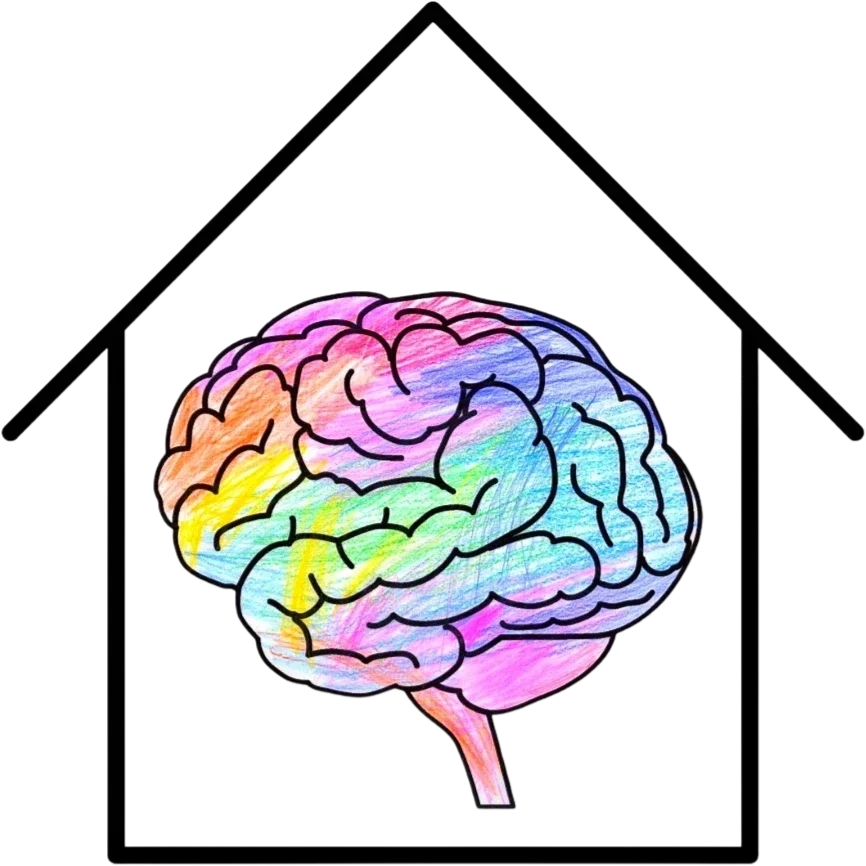Barriers to Rest in Chronic Illness
Click here for infographic (PNG)
Click here for or Plain Language Summary (PDF) — also the alt text for the infographic
For transcripts of the video, click here for instructions or click here for video demonstration
Summary
In this Brain Club® episode, we discuss why rest is hard for neurodivergent and chronically ill people. Many grew up being told their worth depends on how much they do, not who they are. These harmful messages, shaped by systems like capitalism and ableism, lead people to ignore their needs and feel shame for resting. Community panelists share how they were often dismissed by doctors and pushed themselves to fit in and hide their struggles, even when it harmed their health.
The panelists discuss how losing the ability to work or keep up can lead to grief and identity loss, but can also lead to new ways of finding meaning. They said that rest can be a form of healing and resistance. True rest often requires community support. Spaces like Brain Club® help people feel seen and supported as they unlearn shame and build a new sense of worth.
Key Terms
| Neuronormative | Sometimes society sends the message that there is only one “normal” way for brains to work. This is not true. Society mostly is designed for people whose brains work in one way. Other people, for example, Autistic, ADHD, and other neurodivergent people, may feel left out. Neurodivergent people often have a hard time accessing school, work, healthcare, and friends. |
| Social determinants of health | Everyday things around you that can affect how healthy you are. These things include where you live, whether you have enough food, money, and people to support you. |
